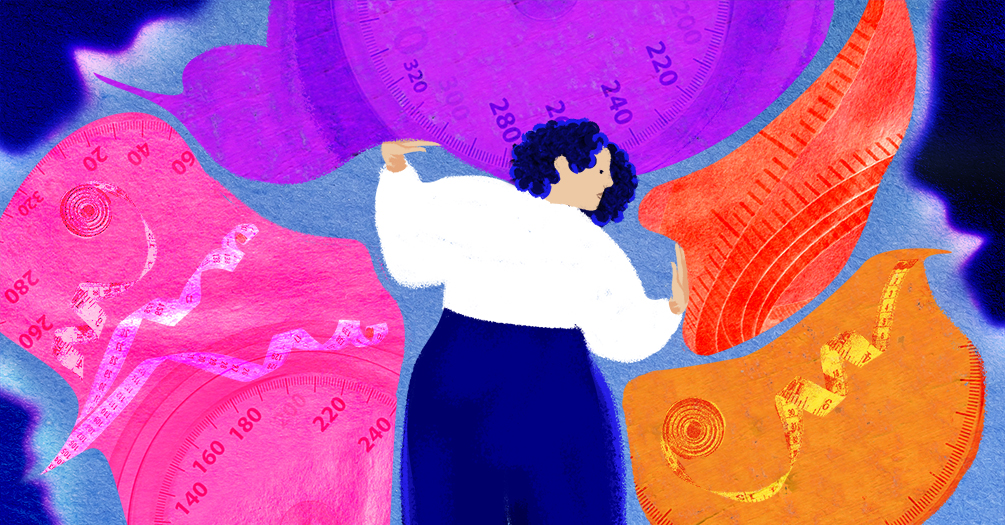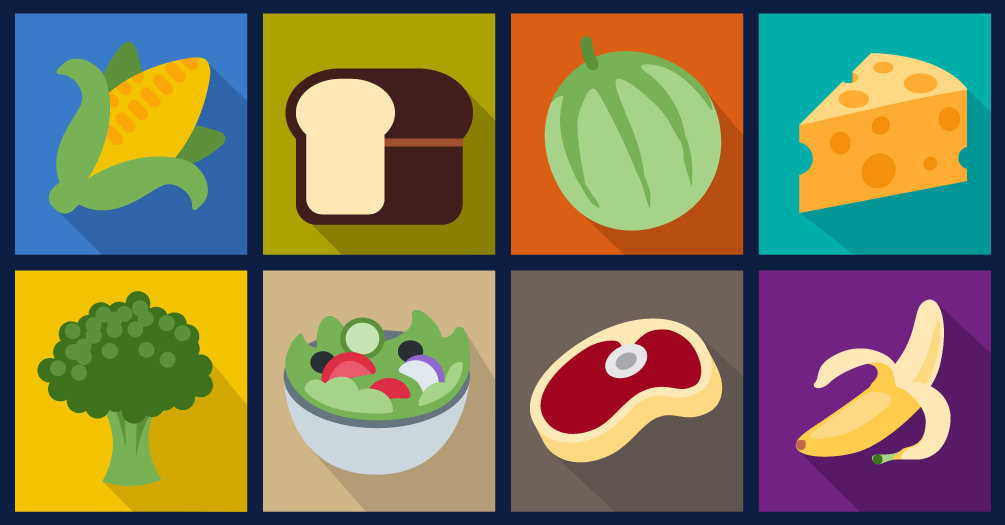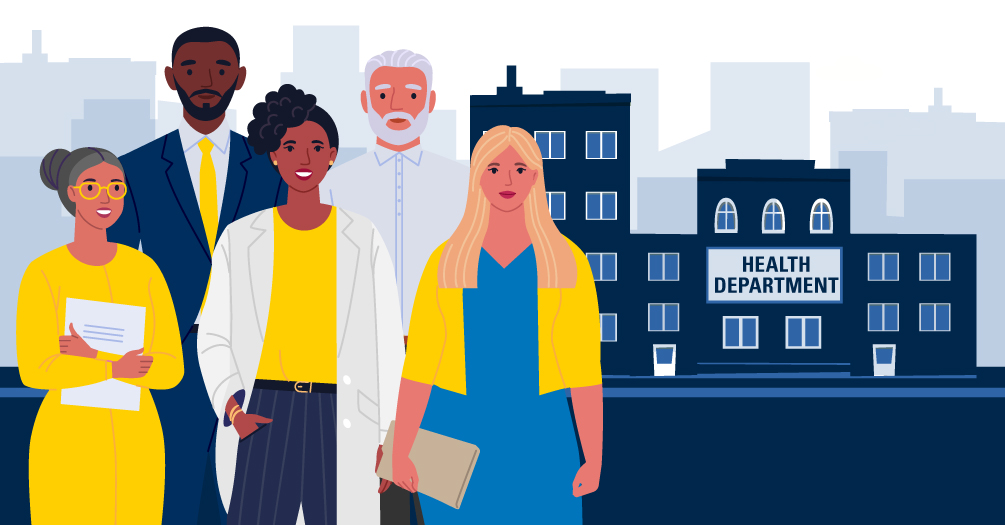When people have access to better quality, more nutritious foods, their risk of disease decreases. However, for many, there are a number of barriers to accessing the kinds of foods that support good health. But food availability isn’t only one issue that our modern food systems can create. Getting the food to your plate can entail large-scale production that may have a big environmental footprint. Understanding more about how our food is produced can help us make food choices that are better for our individual health and for the environment.
In this episode, learn about the impact our food production systems can have on both human health and the environment around us. We’ll also explore how one health department is leveraging local farms and produce to facilitate good health by using food as medicine.



